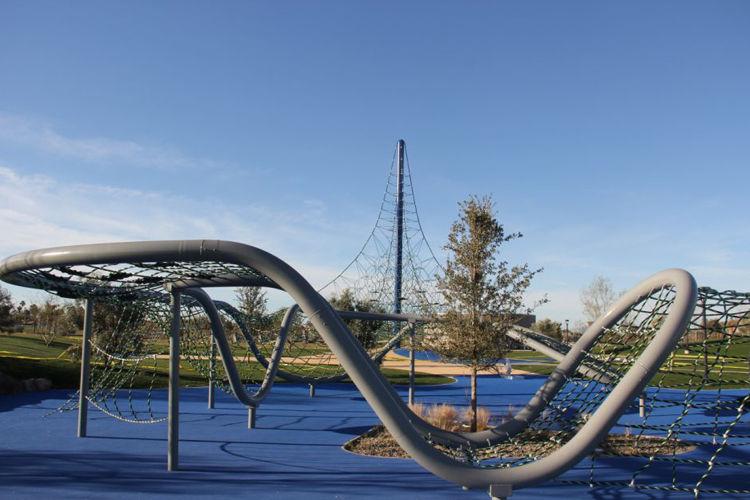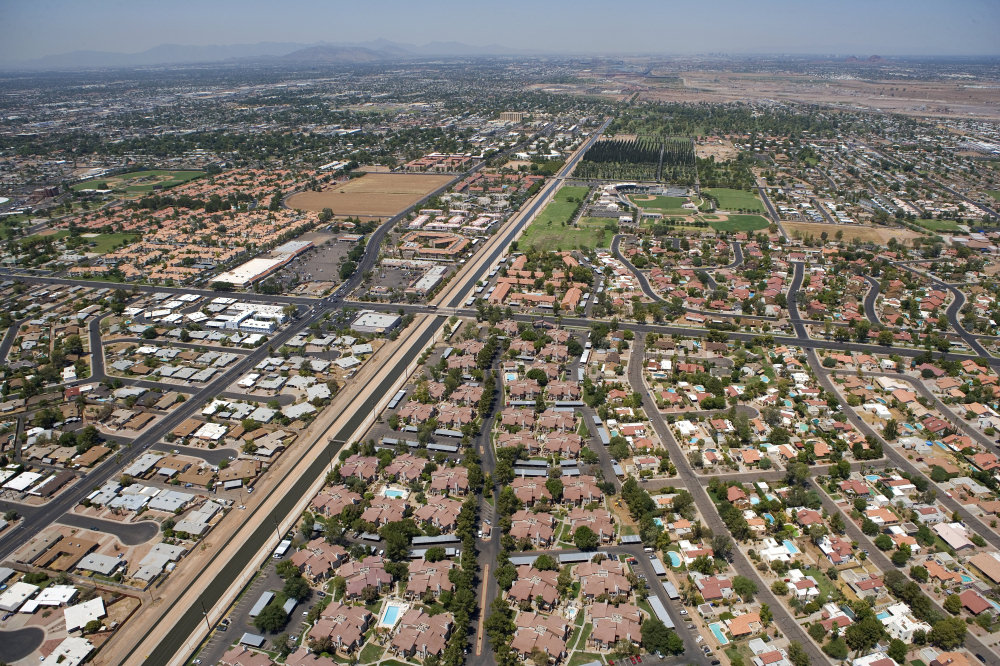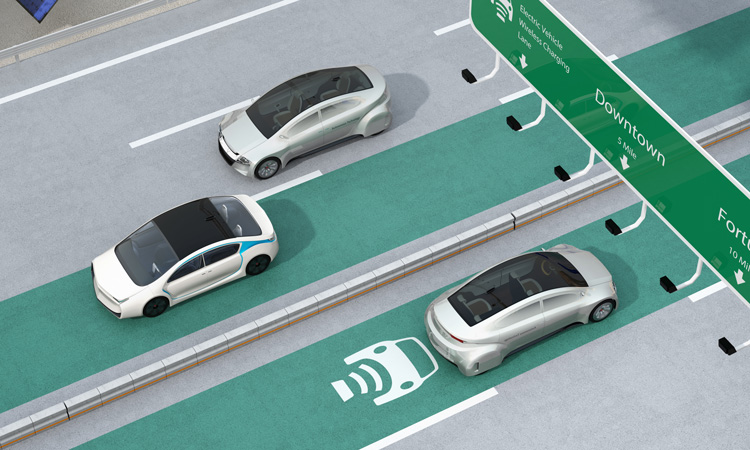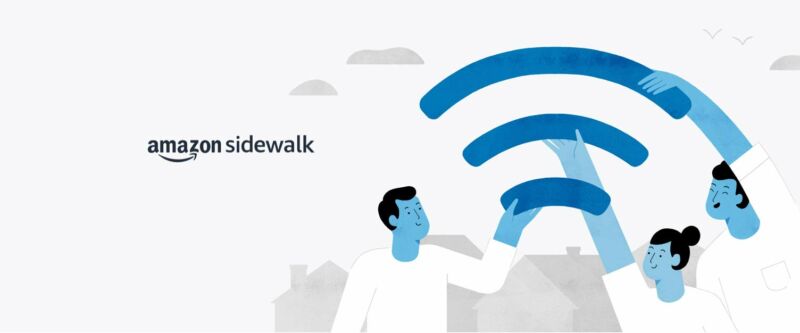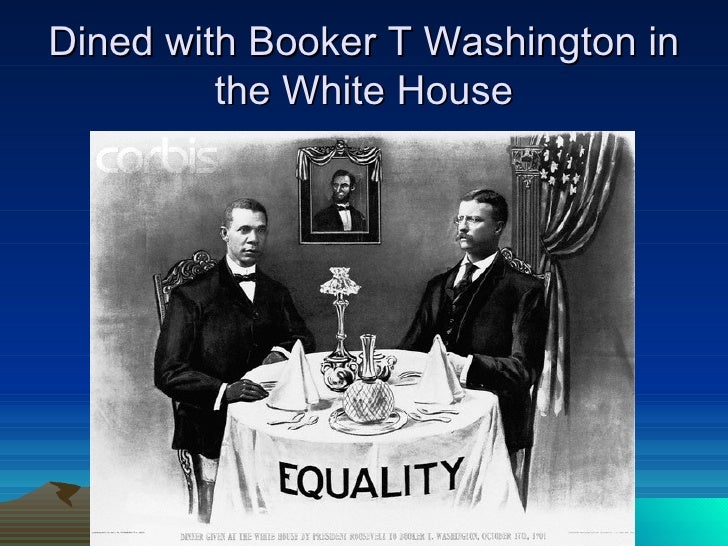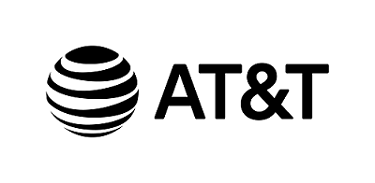This year's results of the annual survey were much the same as years before - near the bottom
Ranking Park Systems in the 100 Largest U.S. Cities
Mesa, AZ
2021 ParkScore® Ranking: #96
The analysis is based on five characteristics of an effective park system: access, investment, acreage, amenities, and equity.
2% of Mesa's city land is used for parks and recreation.
National median 15%
___________________________________________________________________________
RELATED CONTENT ON THIS BLOG Report from 2018
It's not often that a message your MesaZona has been sending for more than three years now gets some more momentum from a non-profit organization named The Trust For Public Land.
What's the message?
> To empower people to hold their leaders accountable
When is Mesa Mayor John Giles gonna get that? Clue-Less is NO EXCUSE.
Our 10-Minute Walk™ campaign calls on mayors to demonstrate their commitment to parks and adopt long-term, system-wide strategies to ensure every resident has a great park close to home. Tell your mayor: pledge to make parks a priority!
Find out how
_____________________________________________________________________________
NEW YORK, NY — A new report has ranked the best cities in America for park systems.
The Trust For Public Land, a San Francisco based nonprofit group that aims to create parks and protect land for people, released its 7th annual ParkScore rankings 3 days ago
3 days ago - The Trust for Public Land Releases 2018 ParkScore® Index,
______________________________________________________
Ranking Park Systems in the 100 Largest U.S. Cities
" . . . The national nonprofit organization is leading a movement to put a park or natural area within a 10-minute walk of every U.S. resident.
More than 200 mayors have endorsed the 10-minute goal.
"The research is clear: quality, close-to-home parks are essential to communities. Everyone deserves a great park within a 10-minute walk of home," said Diane Regas, President and CEO of The Trust for Public Land. "These rankings are the gold-standard for park access and quality, and empower people to hold their leaders accountable.” . . .
This shows how the onus is on cities to make parks as attractive as possible and also to ensure their residents are involved and engaged. _____________________________________________________________________________________
TPL is pushing hard for city residents to be a 10-minute walk or less from a park.
The organization unveiled its ParkServe tool earlier this year in collaboration with mapping software Esri to provide information on who does and does not have such access. The benefits of parks, especially for those who live in cities, include higher levels of physical activity for residents while mitigating the risk of storm damage and helping with issues like carbon emissions.
“High quality parks make cities healthier in nearly every way,” Adrian Benepe, TPL’s senior vice president and director of city park development, said in a statement.
ParkScore’s rankings are based on access, acreage, investment and amenities, which counts the availability of features like off-leash dog parks, playgrounds, basketball hoops, “splashpads” and restrooms. The rankings added the latter two this year as part of its calculations on amenities, as well as volunteer hours and charitable contributions for spending.
The ParkScore rankings were based on four factors: park access, acreage, investment
Amenities
Here are the lowest-ranking park systems:
90. Baton Rouge, LA: 32.9
91. Memphis, TN: 32.8
92. Winston Salem, NC: 31.9
93. Laredo, TX: 31.5
94. Fresno, CA: 30.9
95. Hialeah, FL: 29.7
96. Mesa, AZ: 28.4
97. Charlotte, NC: 25.0
____________________________________________________________________________
RELATED CONTENT 2019 - The trust — a national nonprofit that conserves land for park and historic use — scored Mesa in the bottom five for the third consecutive year, although its ParkScore this year is 95, up one spot from last year.
Mesa parks officials say they do the best they can with the resources they have to provide residents with enough parks, such as Riverview Park. (Special to the Tribune)
More . . .Homeowners associations is another element not included in the ParkScore.
PRIVATELY-OWNED
“We have a lot of neighborhood parks managed and owned by the HOA,” said Heirshberg. “So, when we’re balancing and looking at where city investments make sense, we want to make sure we’re not duplicating services that are already being provided.”
“We don’t have that much additional vacant land for us to develop,” he added. ???????????????????
The parks and recreation director also noted that while the city may be out of space for additional parks, it still maintains and updates its current parks.
A few new projects are in the works, thanks to the passing of a capital bond last November that allocated $75 million to the department.
A 2-acre public plaza that will “complement and support” downtown is underway.
The site, which is expected to be done by the summer of 2021, will include passive small and large group areas, shaded seating, a water feature, a seasonal ice skating rink and grassy area for recreation.
At Palo Verde Park, aging equipment will be replaced and shade addition will be provided, while Red Mountain Park will also look at expansions.
Future projects include a 1.5-acre expansion at the Countryside Dog Park and parking lot improvements at the Crimson & Elliot Basin.
Monterey Park Athletic Field will see four lighted youth baseball and softball fields, three lighted soccer fields, a playground shade structure and additional parking near the existing park near Power and Guadalupe.
Construction for the phase 2 of Signal Butte work is also expected to be completed by summer 2023.
“The other piece with this score is that the Trust for Public Land is looking at how many parks communities have and where they’re at,” said Heirshberg. “But it doesn’t talk about how they are managing the resources they do have.”
He noted that Mesa is one of four finalists for the National Gold Medal Award for Excellence in Parks and Recreation Management, which recognizes excellence in management in parks and recreation operations.
“I think we’re doing the best we can — if not better than — providing the acreage and the properties we have available,” said Marc Heirshberg, Mesa parks, recreation and community facilities director.
